Last Updated on March 6, 2024
Topping the list of almost everyone’s respective New Year’s resolutions, aside from losing weight, eating healthy, and being more productive, is saving money. Setting money aside for rainy days or unanticipated health needs is important, but a lot of people don’t get to carefully plan their expenses or establish budgets.
And when you’re living paycheck to paycheck, and you always end up with only $10 left towards the end of every month, saving money and achieving financial stability seem impossible. However, everyone needs to start somewhere, and gathering sufficient knowledge about saving money might help you get to a better financial situation in no time.
The world of finance can be a little intimidating at times, which is why it’s better if you take knowing more about it step by step. There are a lot of ways to learn how to save money. There are thousands of financial education apps, blogs, and of course, good old books, that are readily available.
Whether you want to save money for your retirement, for a new house, or for paying off student loans, and you have little to no clue on how to get there, then it’s time to adopt better saving habits. It’s never too early or too late to learn a thing or two from the experts.
While there are thousands of books on money, it’ll take time to find one that is applicable to your personal goals. It may be a little overwhelming, but you’ll surely find a good one that’ll help you save money among these ten books below:
Best Money Books of All Time
1. “Broke Millennial: Stop Scraping By and Have Your Financial Life Together” by Erin Lowry
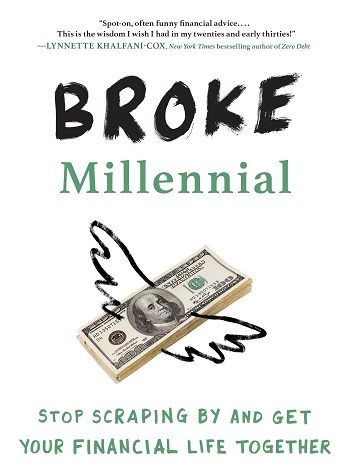
Isn’t it every millennial’s dream to be financially stable? If you’re in your 20s or 30s and want to be able to control your finances, this book is the one for you.
Lowry explains personal finance in an approachable and digestible way, especially for those who find the world of Economics a little intimidating. It’s not a book that tackles tax strategies or advanced retirement planning, but it’s a great introduction to the basics. With this book, you may be able to jumpstart your saving game.
2. “Rich Dad, Poor Dad” by Robert Kiyosaki

Kiyosaki tells the story of how he grew up with two dads: his biological father and his best friend’s wealthy dad. In this book, Kiyosaki points out everyone has tremendous potential no matter where they come from.
Instead of focusing on the technicalities of financial literacy, this book talks about how our brains are wired to deal with money. It inspires its readers to optimize their talents and find ways to earn money.
3. “Kakeibo: The Japanese Art of Saving Money” by Fumiko Chiba
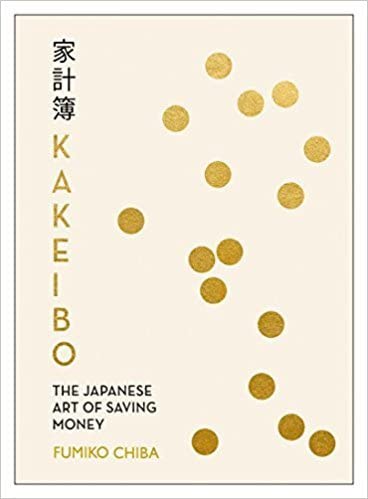
If you’re a fan of the KonMari method, Kakeibo: The Japanese Art of Saving Money is a book on budgeting in which its principles are parallel with Marie Kondo’s book on minimalism.
This book introduces the Japanese method, Kakeibo, which is a century-old Japanese way of tracking expenses at home. This book makes saving a part of your daily activities. It has pages for you to fill up every day after reading Chiba’s introduction to the Kakeibo method.
4. “The Recovering Spender” by Lauren Greutman

When good authors recount their personal experiences, readers tend to learn and remember their advice very vividly. Lauren Greutman is a great storyteller, and she isn’t afraid to share stories that most people would rather withhold.
The Recovering Spender tells the story of a woman with a shopping addition and eventually comes to terms with the reality of her mounting debt. If you want to learn how to change your spending habits bit by bit, this book is for you.
5. “The One-Page Financial Plan” by Carl Richards
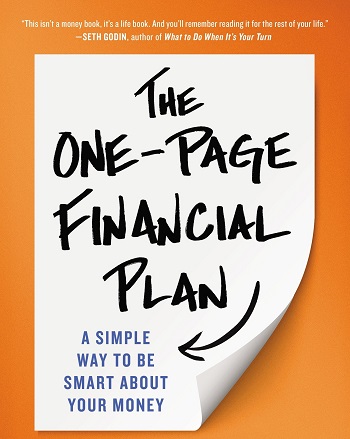
Carl Richards is a financial adviser and a cartoonist. You’ll want see how he combines his two passions in this book. Richards gives you strategies that’ll help you spend money wisely, and he shows his readers that in a single page, you’ll be able to write down what you really want and find ways to get there.
6. “Think and Grow Rich” by Napoleon Hill
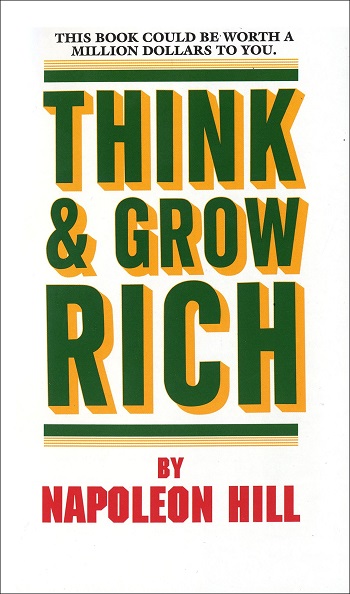
Think and Grow Rich was one of the first finance books ever published, having been written after the Great Depression. Hill interviews the most successful men in the midst of the economic crisis back then and reiterates the lessons these men have learned.
The book interprets those lessons into formulas that people can follow.
7. “Why Didn’t They Teach Me This in School?” by Cary Siegel
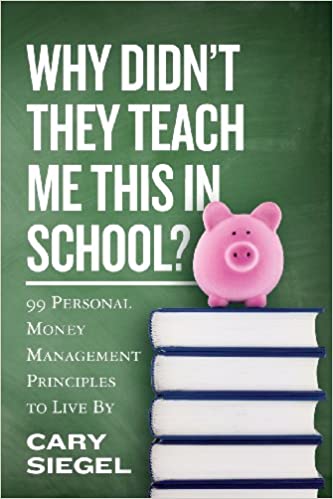
Cary Siegel decided to write this book when he noticed that his own kids had no idea how to handle money because schools often overlook important lessons on financial literacy. Why Didn’t They Teach Me This in School? is a surefire way to bring the young ones and young adults up to speed.
8. “How to Manage Your Money When You Don’t Have Any” by Erik Wecks
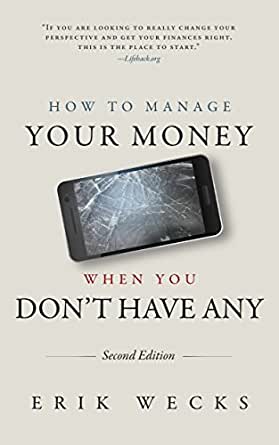
Erik Wecks isn’t wealthy himself, and his book isn’t about building wealth or going from zero to a hundred. Instead, he gives his reader a guideline on how to manage their money in today’s economy, especially if they live from paycheck to paycheck.
This book will change the way you think about money and will help you get out of a rut. Once you’re done reading this book, you may already easily identify your priorities and what’s worth spending money on.
9. “The Total Money Makeover” by Dave Ramsey
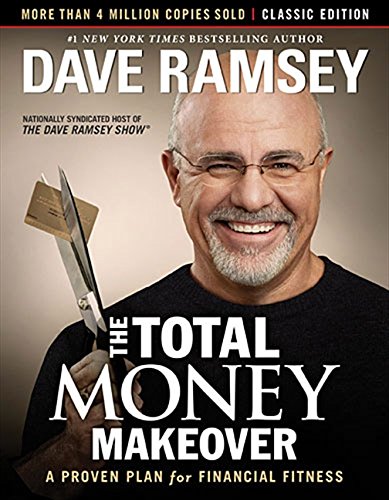
The Total Money Makeover has proven to be useful to people from different walks of life. Dave Ramsey is America’s favorite finance coach for a good reason: his advice is practical, and you’ll be able to follow his steps to help you become debt-free.
10. “Nudge: Improving Decisions About Health, Wealth, and Happiness” by Richard H. Thaler
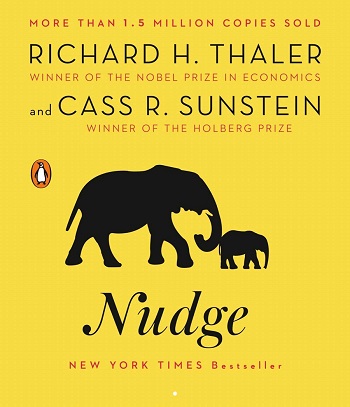
It’s not easy to watch out for unnecessary spending. We mindlessly frequent our local Starbucks for our morning coffee. We get weekly massages. We eat out every night. Nudge explains the psychology behind a person’s spending and features advice on how to make better choices.
In this book, Richard Thaler pointsout the behavioral and emotional responses that one might have when they’re faced with money-making decisions. He says that these things can easily be changed once a person is aware of their psychological biases.
Saving money in 2020, in a turbulent economy, seems like an overwhelming goal, but it isn’t impossible. Sometimes, all it takes is one step towards the right direction to turn your financial life around.
People always say that money can’t buy happiness, but they forget to mention that how you handle money plays an important role in your life. It’s essential to have control over your money instead of having money control you. With the ten books listed above, you won’t feel so intimidated dealing with your finances.

